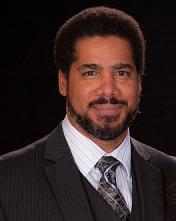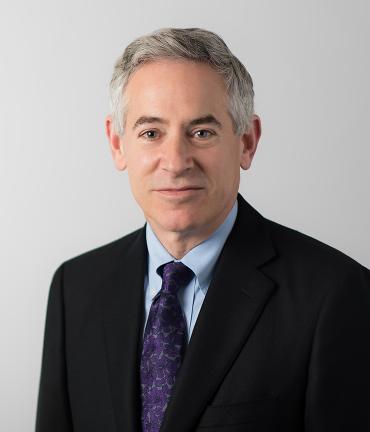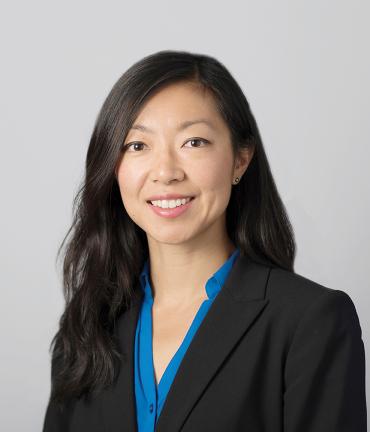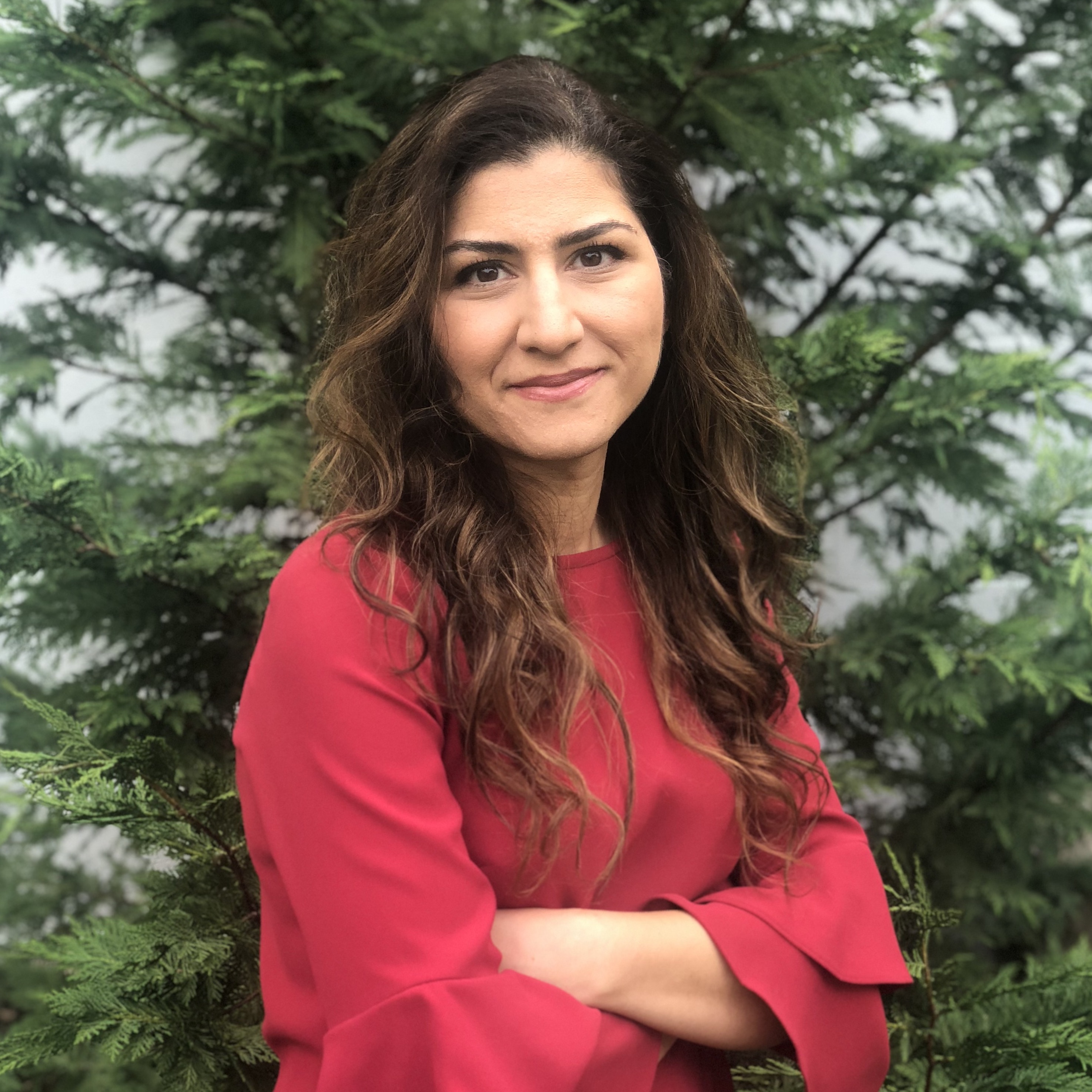Edward Chang, MD
Dr. Edward Chang is a neurosurgeon at UC San Francisco specializing in the treatment of intractable epilepsy, trigeminal neuralgia, and brain tumors. His research focuses upon the brain mechanisms for human speech, movement, and cognition. He co-directs the Center for Neural Engineering & Prostheses at UC Berkeley and UCSF, which brings together engineering, neuroscience, neurology and neurosurgery to develop state-of-the-art biomedical devices to restore function for patients with neurological disabilities.
Philip Starr, MD, PhD
Dr. Philip Starr is a neurosurgeon at UC San Francisco specializing in the area of movement disorders, including Parkinson's disease, tremor, and dystonia. He has fellowship training in microelectrode-guided surgery of movement disorders, which he completed at Emory University in Atlanta, Georgia. Dr. Starr's research interests include physiology of the human motor system in movement disorders, mechanisms of deep brain stimulation, and development of adaptive deep brain stimulation using chronically implanted bidirectional neural interfaces.

Lawrence Poree, MD, PhD, MPH
Dr. Lawrence Poree is a pain medicine specialist with expertise in using the latest interventional techniques to control pain with less reliance on oral medications. He is particularly interested in managing pain and restoring function through neuromodulation, technology that delivers electrical stimulation or medication to targeted areas in the body.
Doris Wang, MD, PhD
Dr. Doris Wang is a neurosurgeon in the Department of Neurological Surgery at UCSF with a clinical and research focus in treating movement disorders using neuromodulation and ablative procedures. Her research focus is to map the neural architecture of human motor learning using an implanted, bidirectional DBS device and develop targeted, closed-loop therapies to restore motor skill learning in patients with brain diseases and injuries.
Maryam Shanechi, PhD (USC)
Maryam Shanechi is Associate Professor and Viterbi Early Career Chair in Electrical and Computer Engineering at USC. She joined USC as Assistant Professor in July 2014. Prior to that, she was Assistant Professor at Cornell University’s ECE department in 2014. She received the B.A.Sc. degree with honors in Engineering Science from the University of Toronto in 2004 and the S.M. and Ph.D. degrees in Electrical Engineering and Computer Science from MIT in 2006 and 2011, respectively. She held postdoctoral fellowships at Harvard Medical School from 2011-2012 and at the University of California, Berkeley from 2012-2013. She has received various awards including the NIH Director's New Innovator Award, NSF CAREER Award, ONR Young Investigator Award, MIT Technology Review World's Top 35 Innovators Under 35 (TR35), Popular Science Brilliant 10, Science News 10 Scientists to Watch (SN10), ASEE's Curtis W. McGraw Research Award, a DoD joint US-UK multidisciplinary university research initiative (MURI) award, the DoD BARI award for US-UK collaboration on human-machine teaming, the NAE frontiers invitation, and both the NAE and NAS frontiers invitation as speaker and session chair.
Dr. Shanechi works at the interface of machine learning, statistical inference and signal processing, and control to develop algorithmic solutions for basic and clinical neuroscience problems. Some applications of interest include developing closed-loop brain-machine interfaces (BMI) for motor function and for deep brain stimulation to treat neuropsychiatric disorders. Her work combines methodology development with in vivo implementation and testing.
Coralie de Hemptinne, MS, PhD (Univ. of Florida)
Dr. Coralie de Hemptinne is an assistant professor in the Normal Fixel Institute for Neurological Diseases. She earned her B.S degree in Biology from the Universite Libre de Bruxelles and her MS and PhD in Neuroscience from the Universite Catholique de Louvain in Belgium. She worked in Dr. Philip Starr’s laboratory at UCSF as a postdoctoral fellow and then as a research associate from 2010-2020. The current aim of her research is to understand the pathophysiology underlying motor and non-motor symptoms in Parkinson’s disease patients, using invasive chronic, multisite recordings. Her ultimate goal is to develop new neuromodulation strategies for Parkinson’s disease and other movement disorders.




